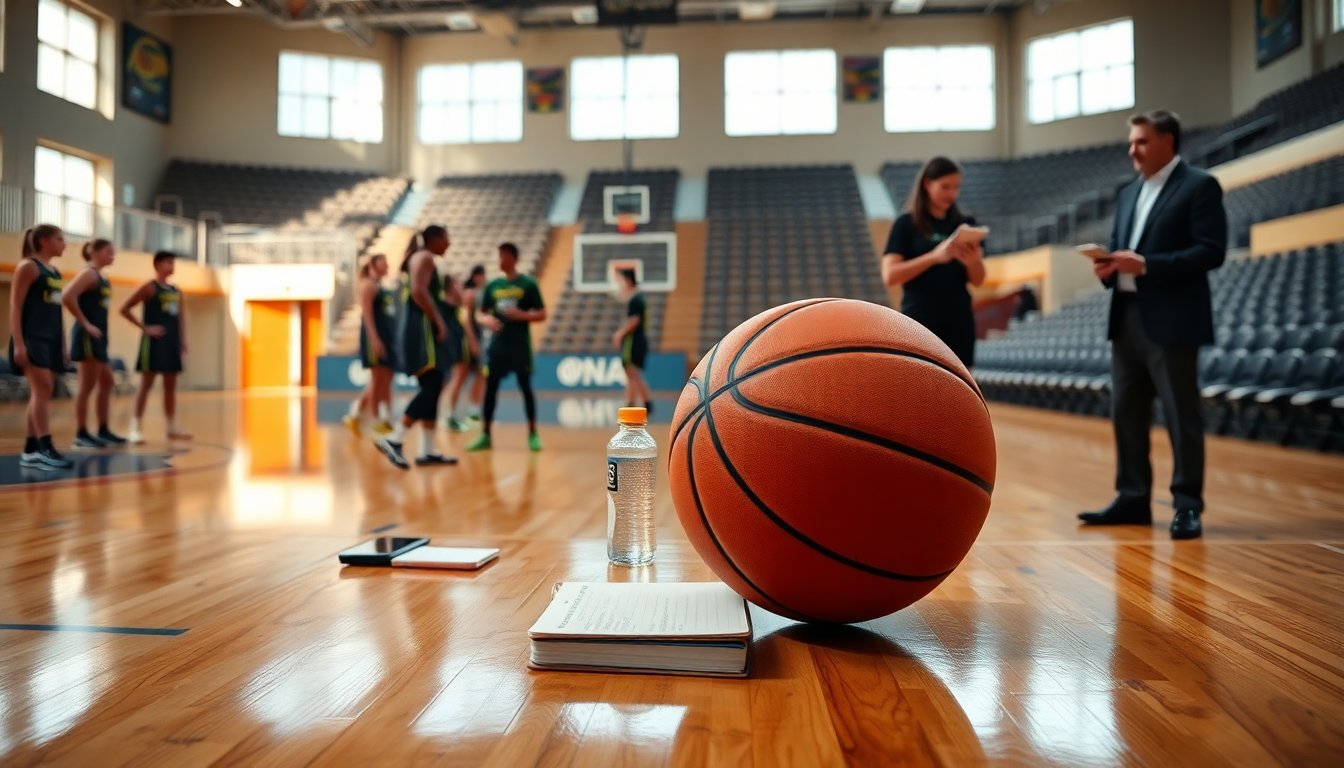Table of Contents
The treatment of Caitlin Clark since her entry into the WNBA has sparked significant discussion among sports commentators and fans. During a recent episode of The Big Weekend Show, Fox News host Brian Kilmeade shared insights on how the league has addressed the situation surrounding this emerging star. As the WNBA gears up for potentially contentious labor negotiations, attention is also focused on the league’s Commissioner, Cathy Engelbert.
Adding to the conversation, Basketball Hall of Famer Charles Barkley provided a cautionary perspective on the prevailing power dynamics within the league. With the prospect of a labor dispute on the horizon, both players and management must navigate these challenges with care.
Concerns over league accountability
Recently, Napheesa Collier, a key player for the Minnesota Lynx, expressed her concerns regarding the league’s accountability during her final media engagement of the season. Collier underscored the need for greater responsibility from the WNBA’s front office, especially concerning comments allegedly made by Engelbert about the league’s rising talents, including Clark and Paige Bueckers.
Collier’s leadership and player solidarity
Collier’s statements have resonated with fellow players, who commend her proactive stance as the WNBA prepares for collective bargaining discussions. However, Barkley cautioned that players must proceed with caution during these negotiations. He noted on The Rich Eisen Show, “They need to be very careful; they’re walking on thin ice right now.”
Barkley pointed out that while players have made considerable progress, expecting billionaire owners to meet all demands may be unrealistic. Drawing on past experiences in the NBA, he highlighted that even with legendary figures like Larry Bird and Michael Jordan, the league experienced multiple strikes, indicating the complexities of player-owner relations.
The power dynamic in sports negotiations
Barkley elaborated on the inherent challenges players face when negotiating with wealthy owners. “No matter how many millions you have, you’re not a billionaire,” he cautioned. He advised players to approach negotiations with a focus on achieving the best possible deal while being mindful not to overextend their positions.
Looking towards future agreements
Optimism persists regarding a resolution to the ongoing discussions between players and the WNBA. Adam Silver, the NBA Commissioner, expressed confidence that a new collective bargaining agreement will ultimately be reached. However, he acknowledged that rebuilding trust and mending relationships between Engelbert and the players is crucial for a successful outcome.
“We will get a deal done with the players,” Silver stated recently, emphasizing the collaborative efforts required to finalize the agreement. He recognizes that while progress is underway, significant work remains.
The evolving situation within the WNBA raises critical questions about how the league will manage its relationships with players, particularly stars like Clark, who are pivotal to the league’s future. As discussions unfold, both sides must consider how to balance their interests and foster a productive partnership.
The treatment of Caitlin Clark in the WNBA, combined with the potential for a labor dispute, highlights the need for open dialogue and accountability within the league. With players like Collier stepping up to advocate for their peers, the stage is set for a challenging yet pivotal period in the league’s history.


